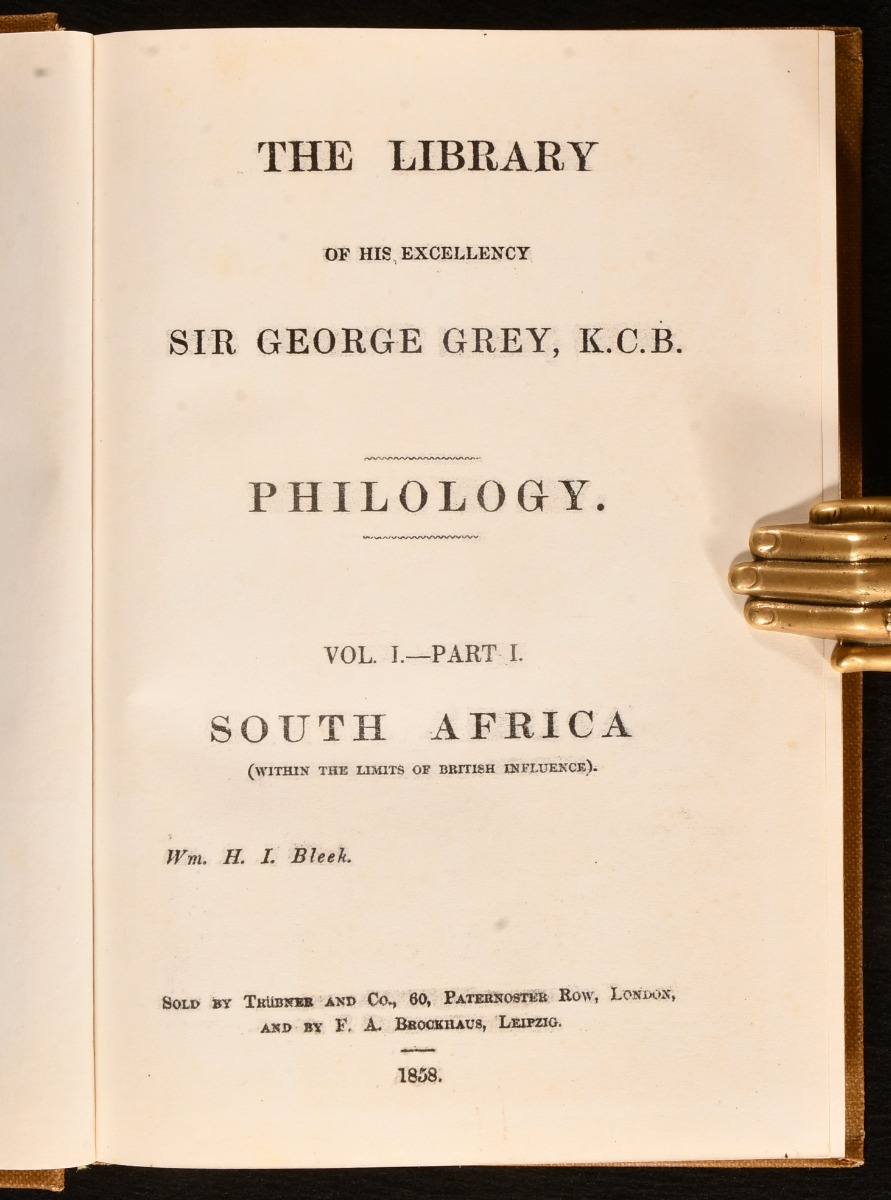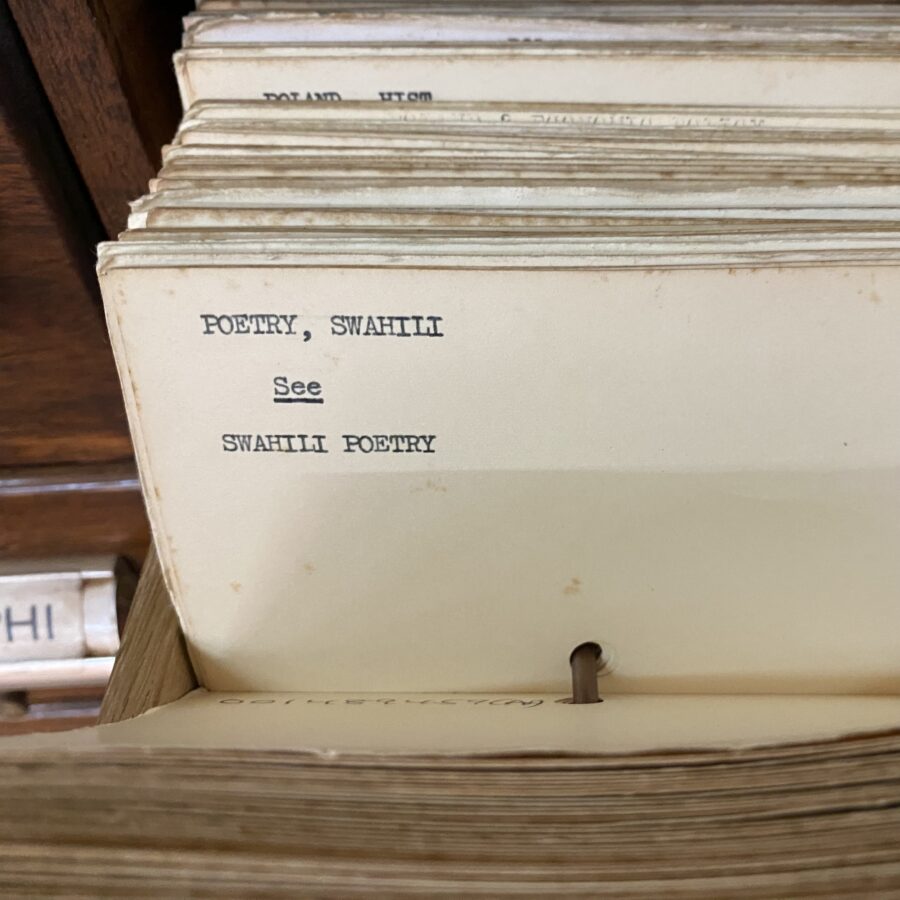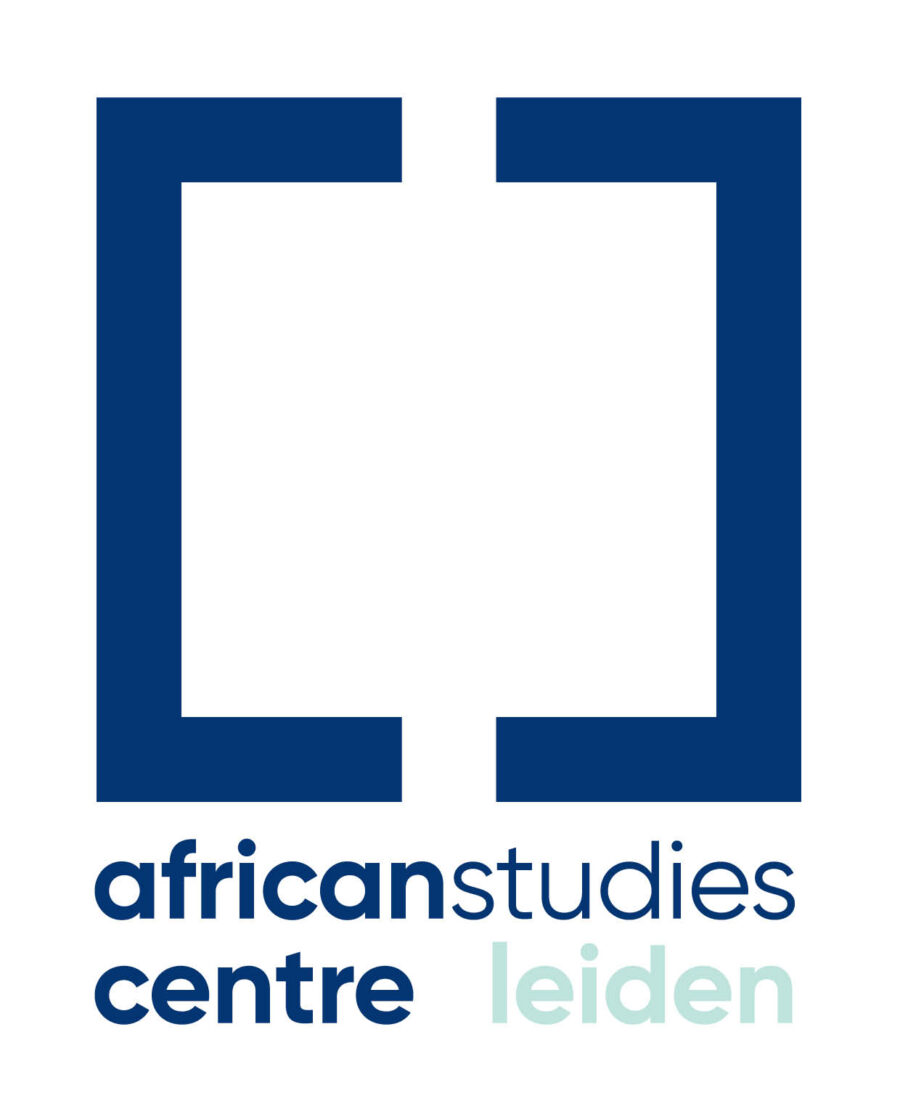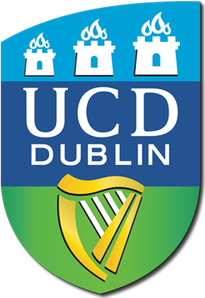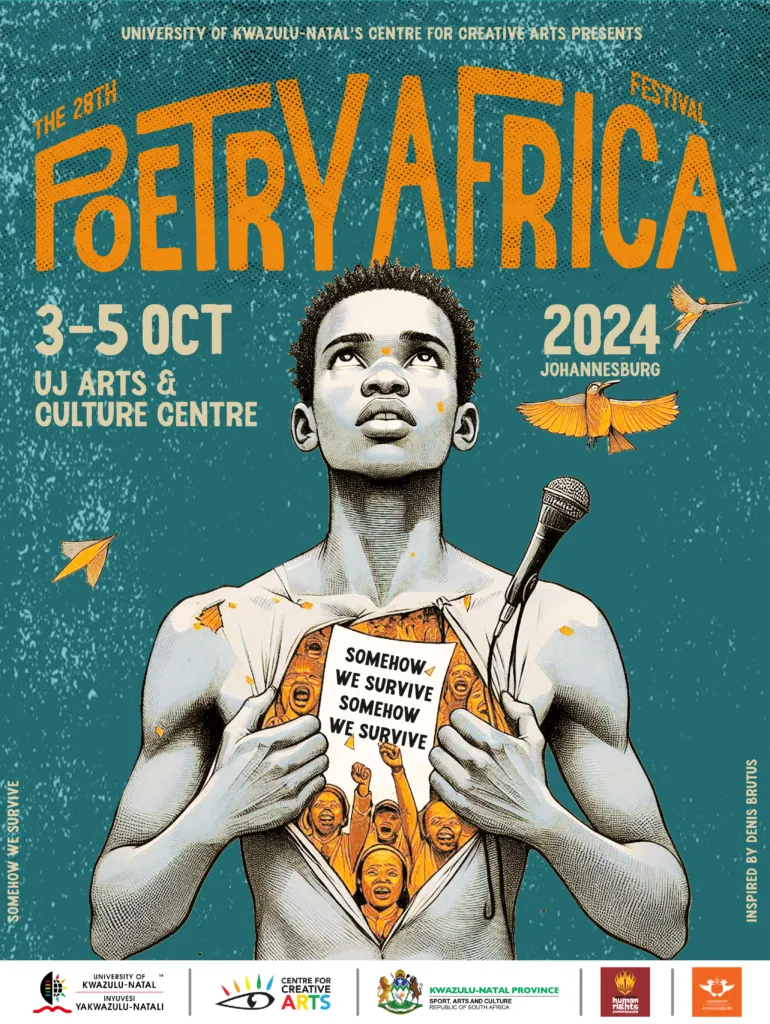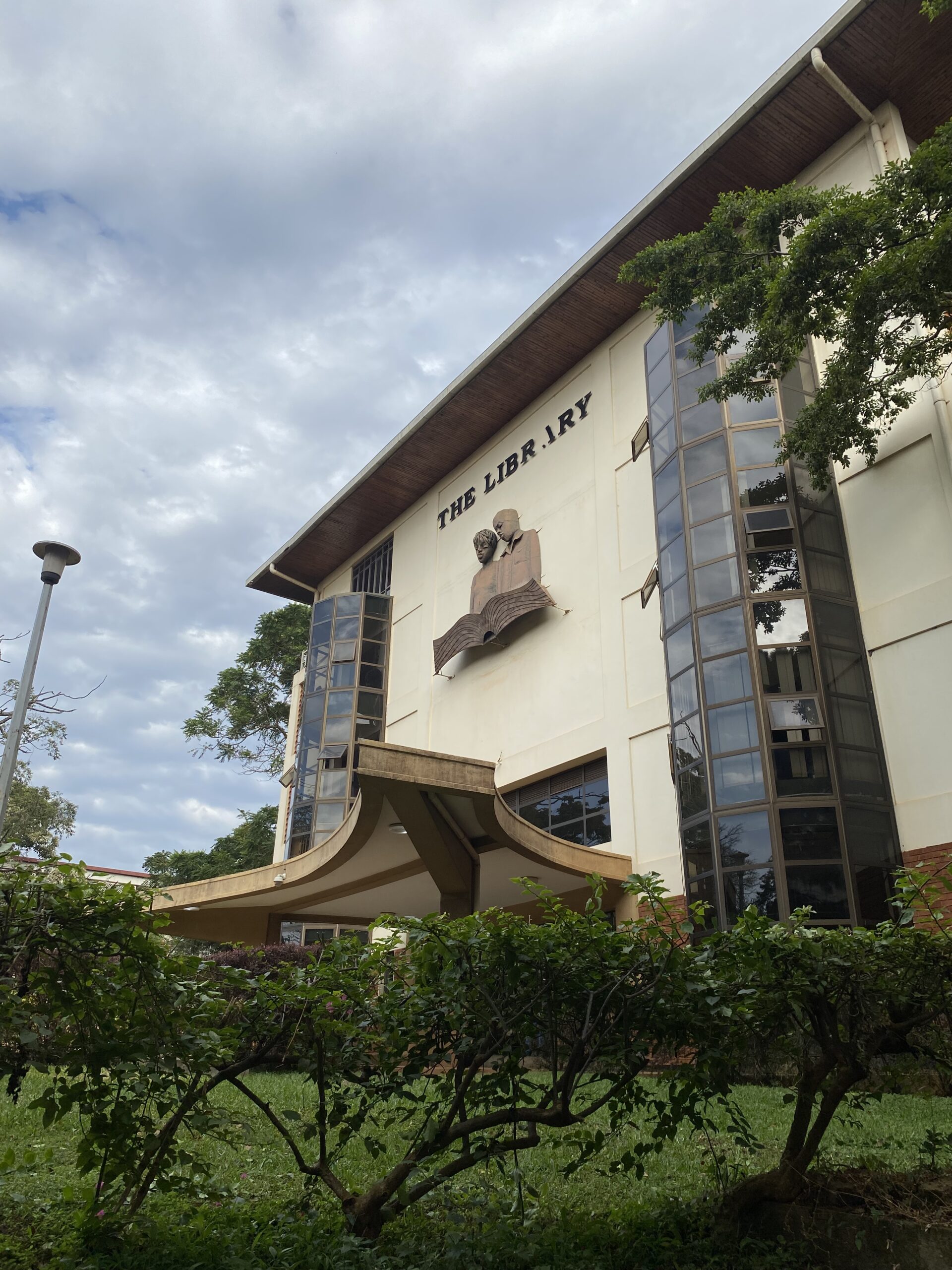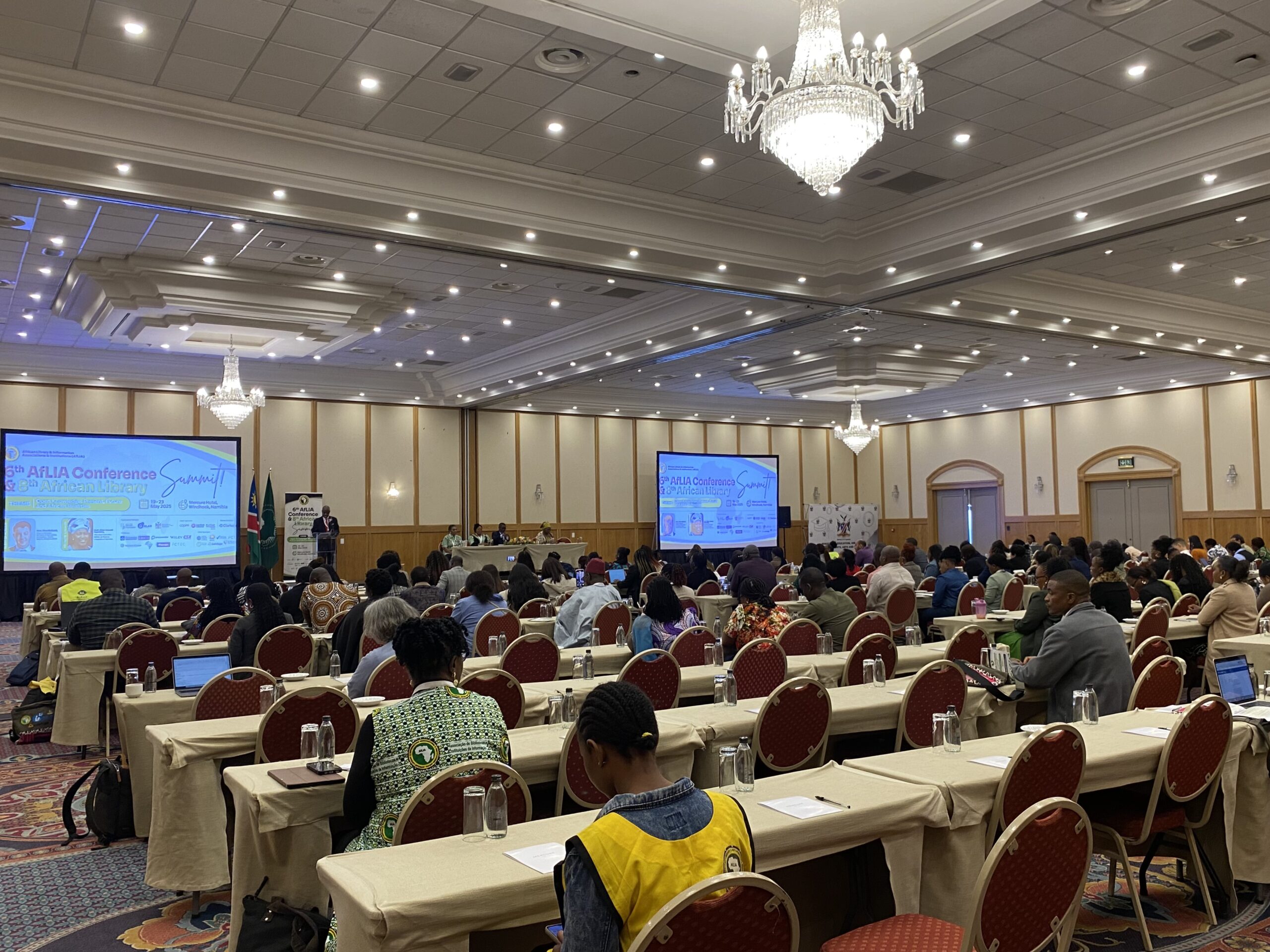
African Library Summit – Windhoek
Ursula Oberst and Ashleigh Harris attended the African Library and Information Associations and Institutions (AfLIA) summit in Windhoek, Namibia from 19-23 May and presented a paper titled ‘Linking Multilingual Open Data on African Literature and Culture with Wikidata: Experiences, Challenges, and Vision of the ALMEDA Project’. AfLIA works with Libraries and National Library Associations, Governments and Government Agencies responsible…
